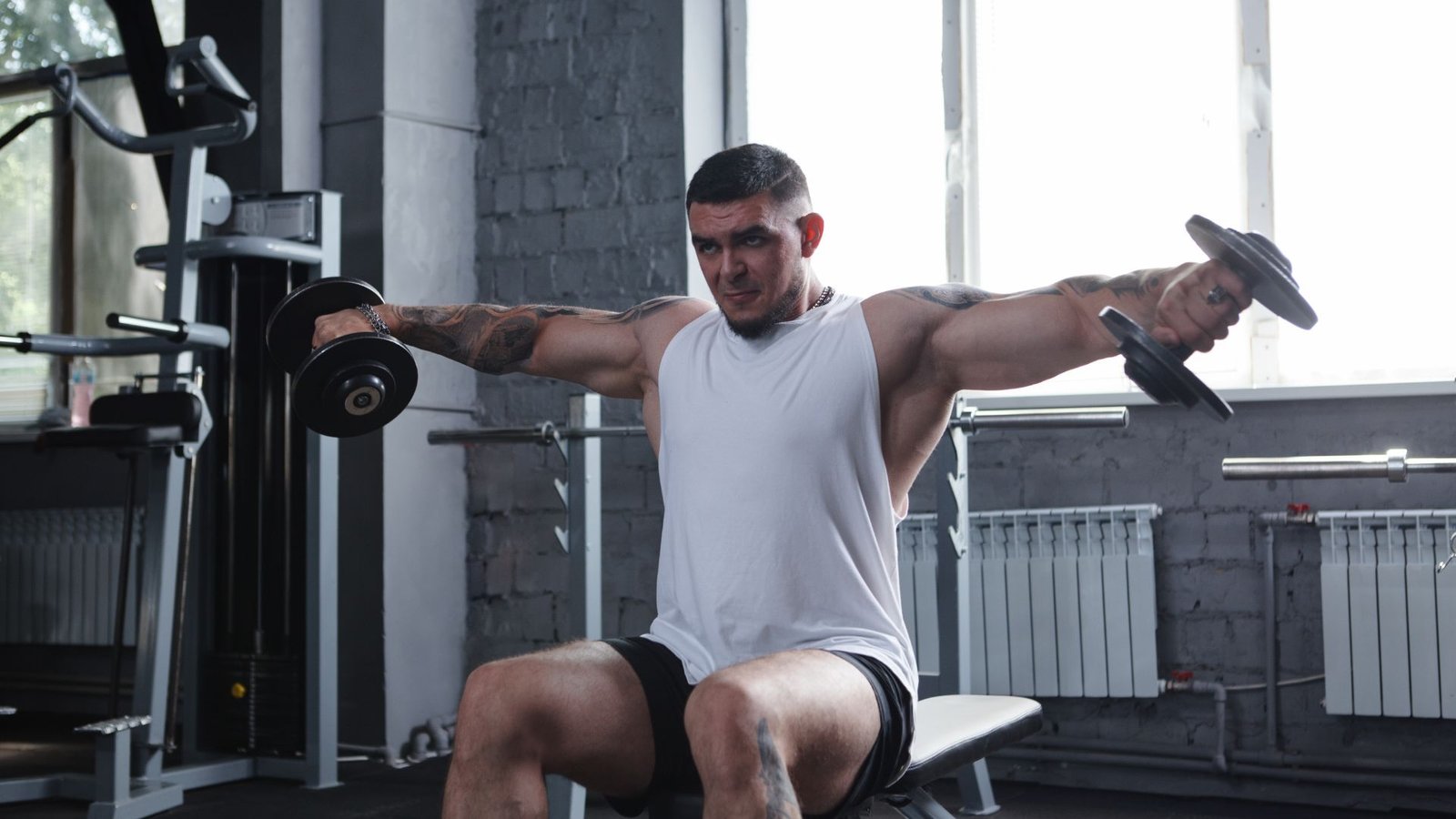Starting your fitness journey can feel overwhelming, especially when it comes to choosing the right weight plan for beginners. Whether your goal is to lose fat, build muscle, or simply become healthier, having a structured weight plan can make a big difference.
In this article, we’ll break down everything you need to know about creating a beginner-friendly weight plan that’s effective, sustainable, and easy to follow.
What Is a Weight Plan for Beginners?
A weight plan for beginners is a structured approach to strength training designed for those who are new to working out. It focuses on building foundational strength, improving technique, and helping you get comfortable with resistance exercises.
Unlike advanced routines, beginner weight plans are simple, require minimal equipment, and prioritize proper form over heavy lifting.
Benefits of Following a Weight Plan for Beginners
Starting with a beginner-focused plan offers several advantages:
Builds a strong foundation with proper technique
Reduces the risk of injury from overtraining or poor form
Supports gradual progress so you don’t burn out
Boosts motivation as you see early improvements
Improves body composition by building lean muscle and burning fat
A beginner weight plan is also great for building confidence in the gym or when training at home.
Key Elements of a Weight Plan for Beginners
To get the most out of your routine, your weight plan for beginners should include the following components:
1. Full-Body Workouts
Begin with full-body workouts 2–3 times per week. This approach helps target all major muscle groups without overcomplicating things.
2. Compound Movements
Focus on compound exercises like squats, push-ups, rows, and lunges. These movements engage multiple muscles at once and give you more bang for your buck.
3. Progressive Overload
Gradually increase the weight, reps, or sets over time to keep challenging your muscles and making progress.
4. Rest and Recovery
Allow at least one day of rest between strength training sessions. Recovery is just as important as the workout itself.
Sample 3-Day Weight Plan for Beginners
Day 1 – Full Body Strength
Bodyweight Squats – 3 sets of 10
Push-Ups (knee or full) – 3 sets of 8
Dumbbell Rows – 3 sets of 10 (each arm)
Plank – 3 sets of 30 seconds
Day 2 – Rest or Light Activity
Day 3 – Lower Body Focus
Goblet Squats – 3 sets of 12
Glute Bridges – 3 sets of 15
Step-Ups – 3 sets of 10 per leg
Wall Sit – 2 sets of 30 seconds
Day 4 – Rest
Day 5 – Upper Body Focus
Shoulder Press – 3 sets of 10
Bent Over Rows – 3 sets of 10
Bicep Curls – 3 sets of 12
Tricep Dips – 3 sets of 8
Days 6 & 7 – Rest or Optional Cardio
Tips for Success
To make your weight plan for beginners work for you, keep these tips in mind:
Start light and focus on proper form
Be consistent—stick to your plan each week
Track your progress with a notebook or app
Warm up before each session and stretch afterward
Fuel your body with balanced meals and stay hydrated
Final Thoughts
A weight plan for beginners doesn’t need to be complicated. By starting with simple, full-body workouts and focusing on consistency, you’ll build strength, confidence, and momentum in your fitness journey.
Remember, progress takes time—but with the right plan and mindset, you’re well on your way to achieving your health and fitness goals.





